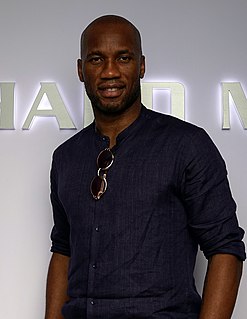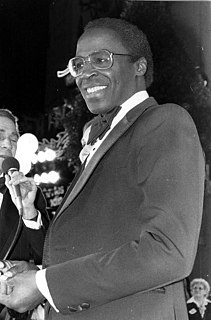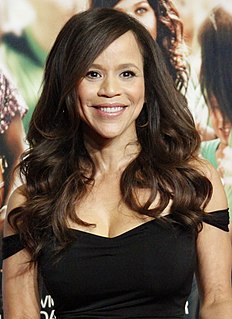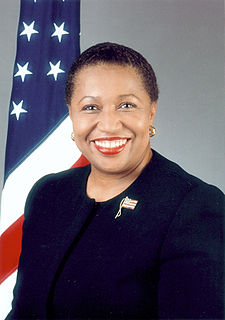A Quote by Didier Drogba
In England, I've never really had a problem with racism.
Related Quotes
And what is the Republican solution to these outrageous [racial] inequalities? There isn't one. And that's the point. Denying racism is the new racism. To not acknowledge those statistics, to think of that as a 'black problem' and not an American problem. To believe, as a majority of FOX viewers do, that reverse-racism is a bigger problem than racism, that's racist.
You cannot be responsible for Jim Crow. You can not be responsible for racism. This is much more a problem for the person exercising racism.You are confronted with the reality of racism when you go in the streets, when the eyes of others come upon you. [James] Baldwin goes back with you to all the experiences you went through and gives a name to them, and explains why it is like this.





































